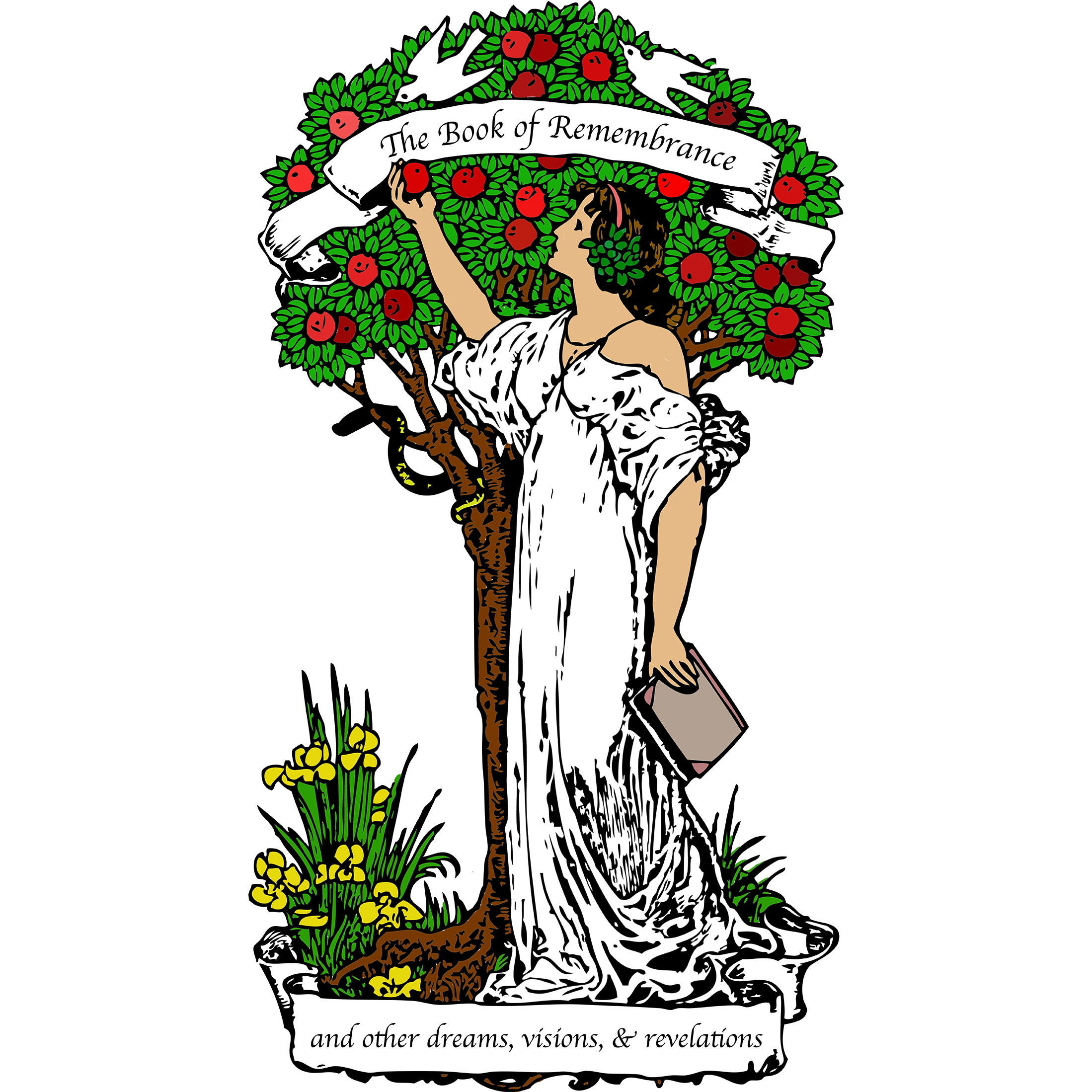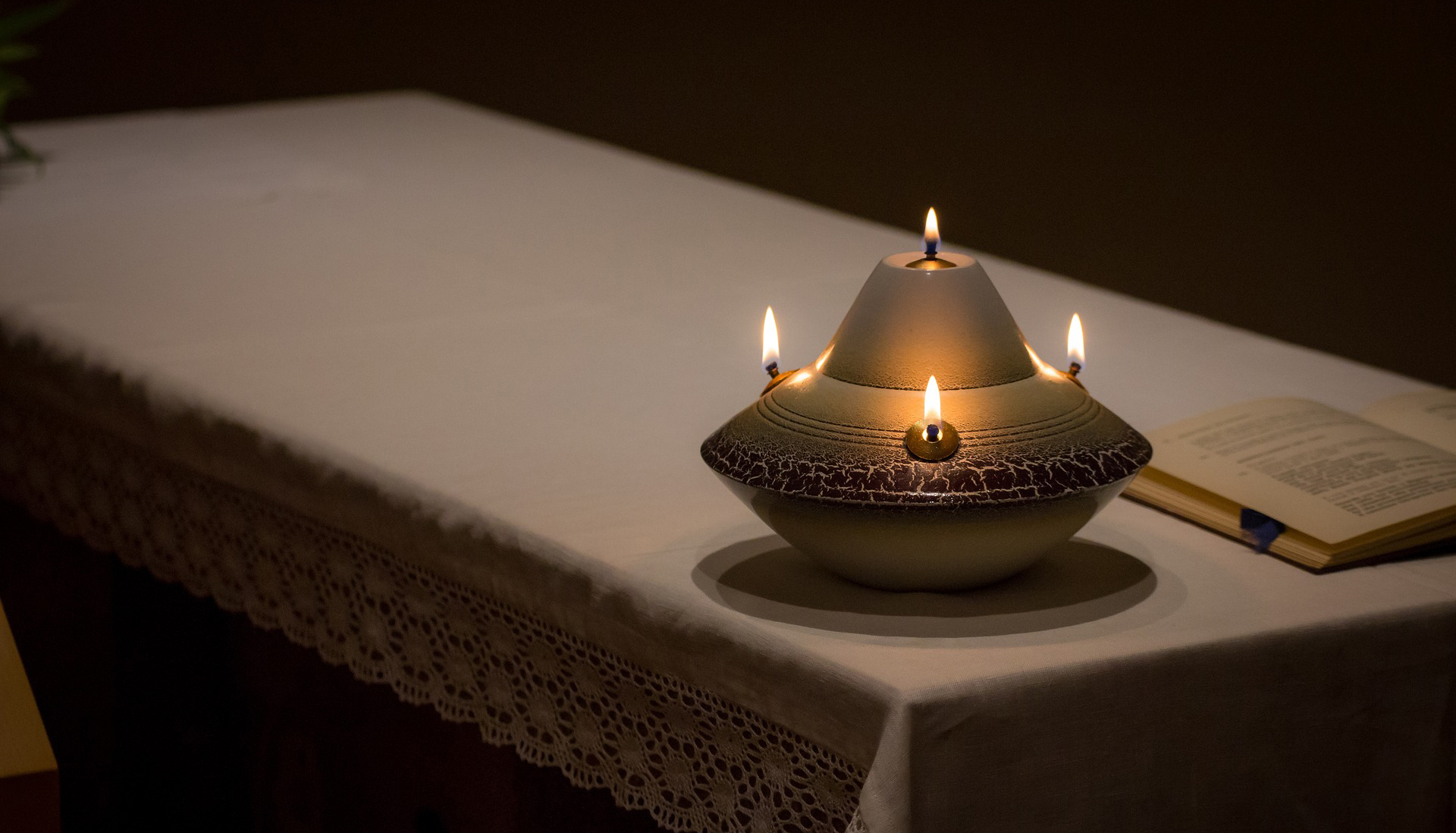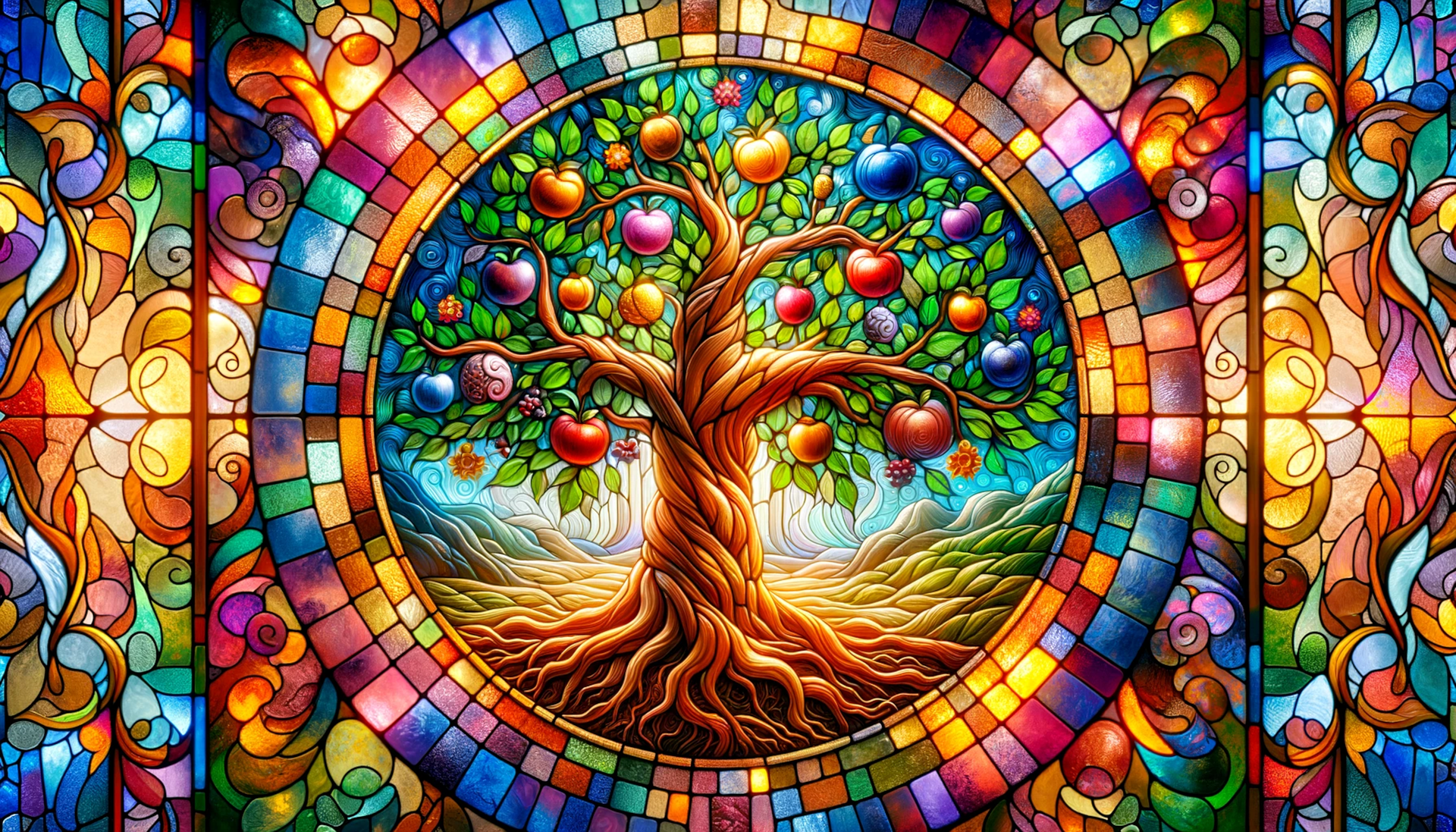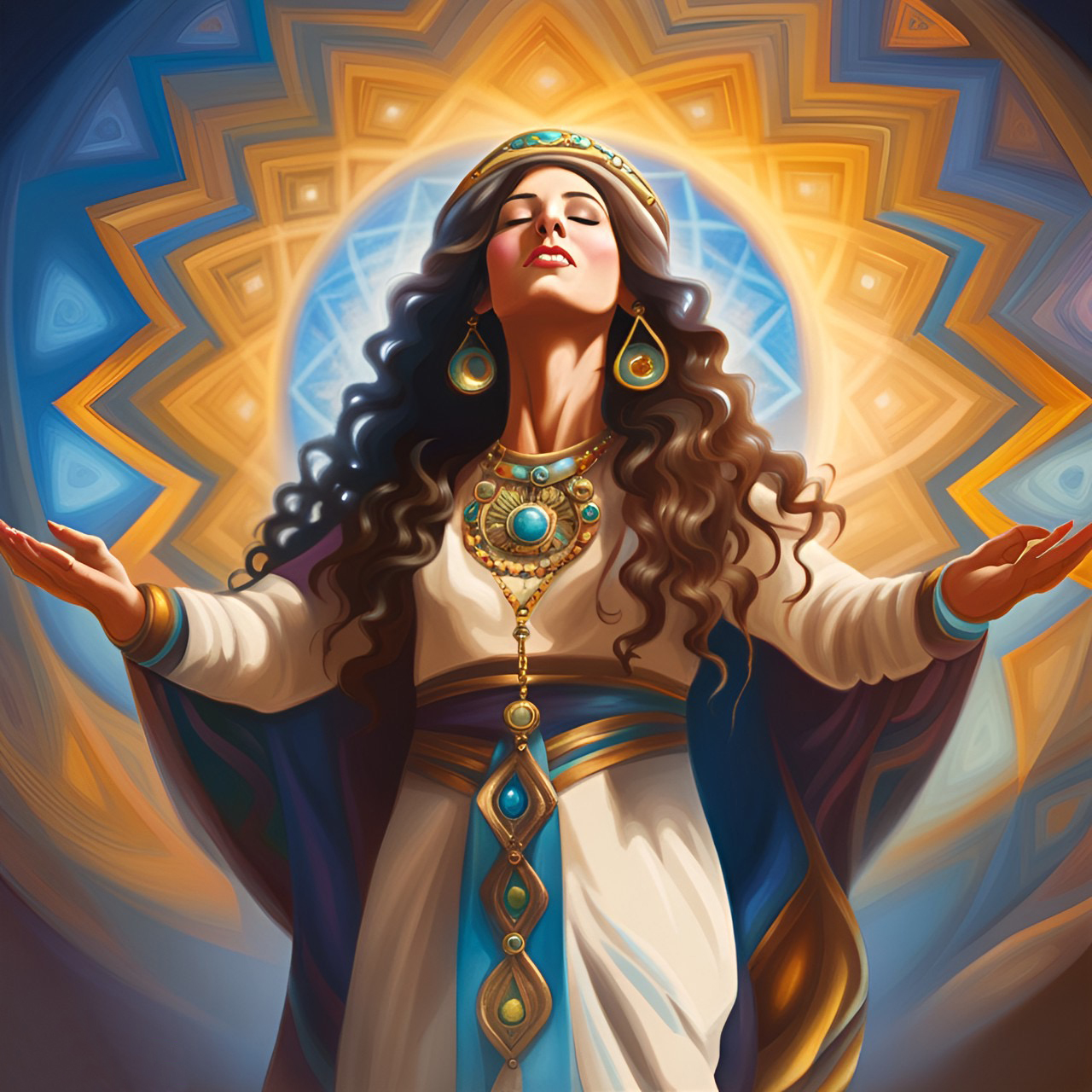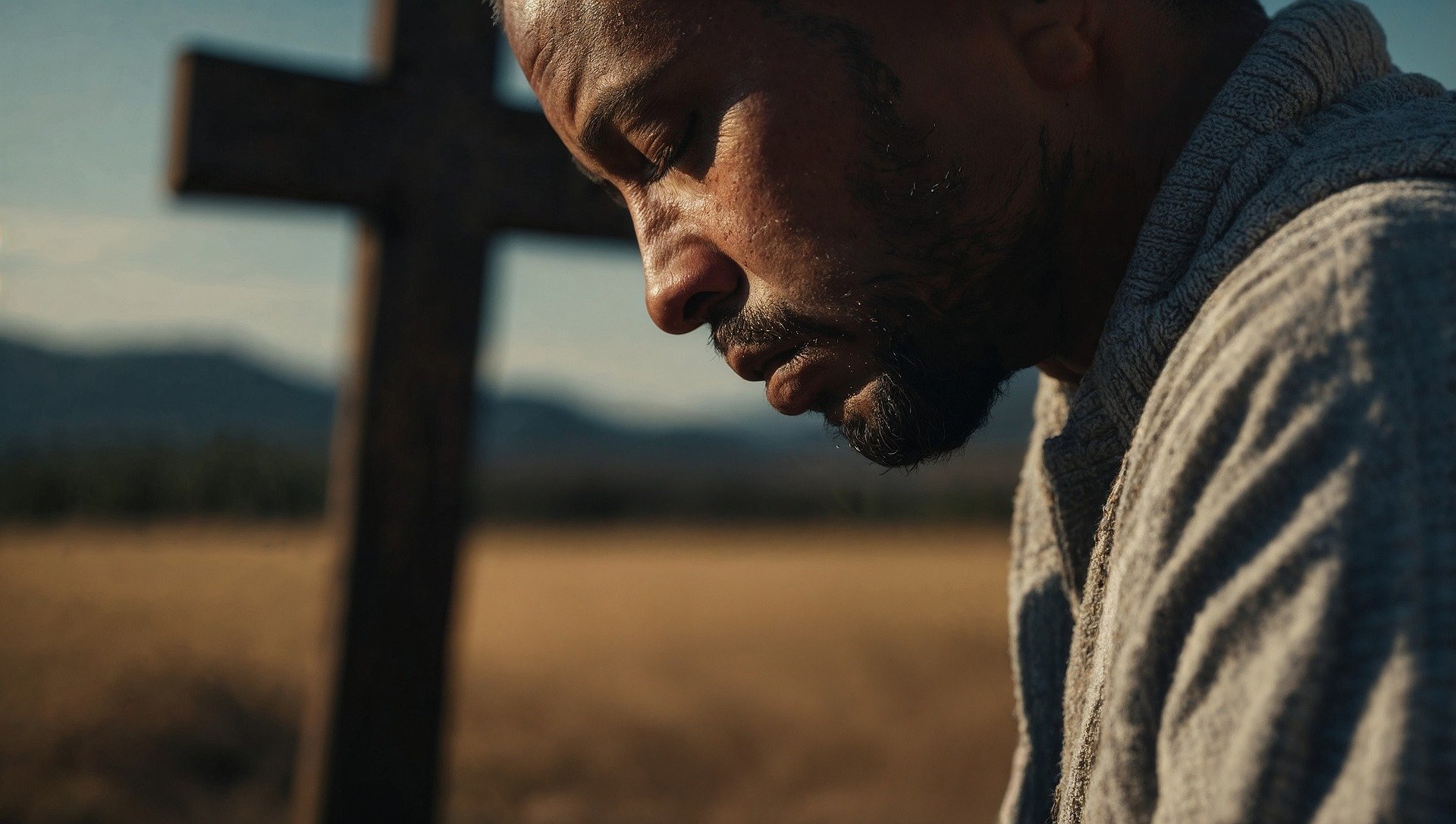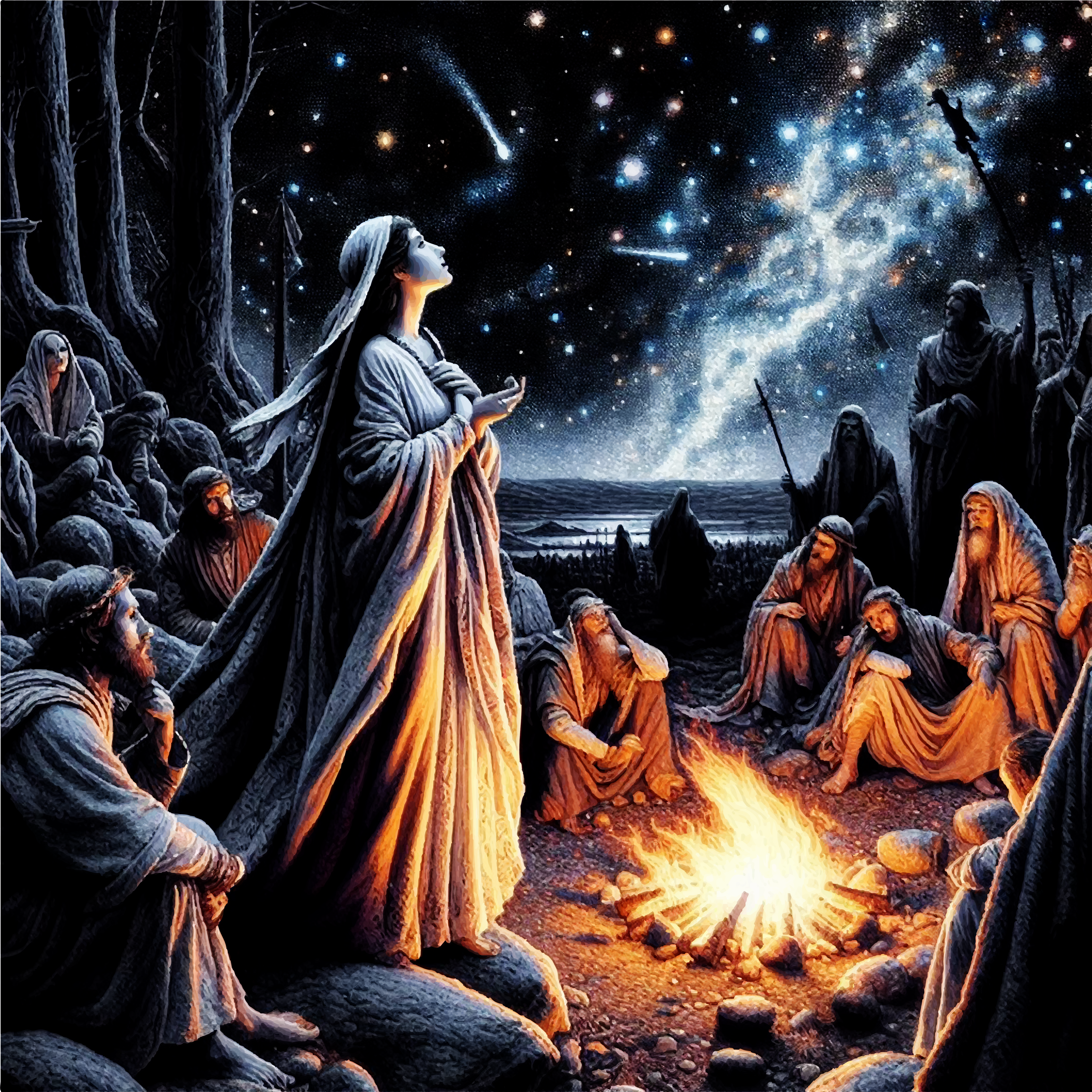The Book of Remembrance
The Book of Remembrance is a series of dreams, visions, and revelations given through David Ferriman, First Elder of the Church of Jesus Christ in Christian Fellowship.
Meeting in Reverence Before the Lord
“And [Raphael] said unto them, in the temple of the Lord: Behold eight tasks shall I give unto thee, teach thy people to do these each in their proper order.” -Book of Remembrance 25:2
As we meet together as Saints, some have asked the proper way to organize services. The correct answer of course is, by the Spirit. That said, the Lord has given us instructions on this topic through Raphael, as he spoke to Adam and Eve. These instructions should be used in our home temples, in our Synagogues, Tabernacles, and Temples for personal and group worship. And these may be used by seekers, disciples, and ministers. They are given to the world to be received in the spirit.
Called of God
In the Latter Day Saint movement people of all walks of life are called of God as “apostles, prophets, pastors, teachers, evangelists, and so forth” to help move individuals, congregations, churches, and the kingdom forward in Christ.
The Tree of Life in Spiritual Practice
In Mormon Kabbalah, faith is an action. We deepen our personal relationship with God, allowing the light of Jesus Christ to transform us.
The Tree of Life in Mormon Kabbalah: The Da’at Binah Switch
In Mormon Kabbalah, the third Sefirah is Da’at (Knowledge) rather than Binah (Understanding) as in traditional Jewish Kabbalah.
Lay Blessings and Priesthood Blessings
“O Lord, hear the prayer of thy servants, according to the blessing of Aaron over thy people, that all they which dwell upon the earth may know that thou art the Lord, the eternal God.” -Ecclesiasticus 36:17
It has been commonly accepted within the Restoration that the Priests and Priestesses of the Levitical Order do not have the authority to bless, because with the High Priesthood restored, the Elders should be called for. This custom and practice requires some clarification.
Love and Lishmah
“I directed my soul unto her, and I found her in pureness: I have had my heart joined with her from the beginning, therefore shall I not be forsaken.” -Ecclesiasticus 51:20 KJV
Lishmah (לישמה), literally translated means “for her sake,” or “for her name.” In Kabbalah it is generally translated as “for its sake,” or “for its name.” “It” here refers to the study of the Torah, stating why we focus on the Torah and the Mitzvah—we study the Torah for the sake or our love of the Torah. However, this term, lishmah, may be used for anything we do for YHVH; thus it can also mean “for the Lord’s sake”.
As we practice lishmah we are in the Shekinah, the Presence of God; and we are the Shekinah, the congregation (Isaiah 54:5, 62:5; Matthew 25:1-46). This is why Heavenly Mother or the Divine Feminine, and the Congregation, the Church, or the Assembly of the Saints are both referred to as Shekinah: a feminine force representing the will to receive. But what does this have to do with love? Maybe everything.
Neum and Kabbalah
Behold, I am Neum, the Oracle, reader of the stars—I am she who pours out the libations for YHVH; I am she who still dances in prophecy when the daughters do sing, and the young men do play their harps and beat their drums.” -Neum 2:1-2 Neum is not a traditionally recognized Kabbalistic text in the sense of being a part of the core Kabbalistic literature like the Zohar, Sefer Yetzirah, or Bahir, but it certainly contains themes, imagery, and spiritual ideas that align closely with Kabbalistic principles. There are a few reasons why Neum can be seen as resonating with Kabbalistic thought, even if it isn’t classified as a Kabbalistic book. Let’s review a few of these reasons. The Mystical Relationship Between Israel and God One of the central motifs in Neum is the depiction of Israel as the bride of God, which is a key Kabbalistic concept. In Kabbalah, particularly in the writings of the Zohar, the relationship…
Bitul: Transcending Egoism
From the Kabbalistic perspective, everything in creation is an expression of God’s will. Bitul involves recognizing that the individual’s existence is not separate from God but is rather an extension or manifestation of divine priesthood.
Seeking Safety on the Path
“Then Simon Peter answered him: Lord, to whom shall we go? thou hast the words of eternal life.” -John 6:68
If you have found this website, you are likely looking for answers to spiritual questions. This is normal and healthy. Some potential benefits include gaining a deeper understanding of oneself and the world, finding a sense of purpose and meaning.
Teshuvah in the Torah of Moses from the Plates of Brass
Teshuvah is not merely something we do, as human beings, re-aligning ourselves with God. It is as an act of love and mercy on God’s part.
The Role of Women in the Plates of Brass
One of the most striking distinctions between the traditional Torah and the Torah written to the seed of Joseph on the plates of brass is the portrayal of women.

